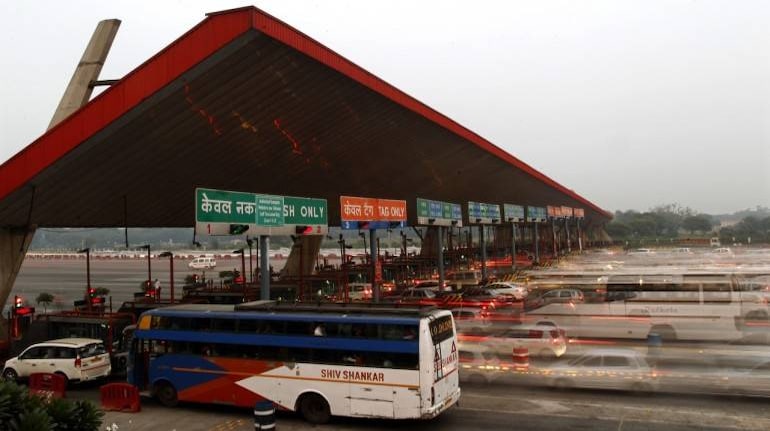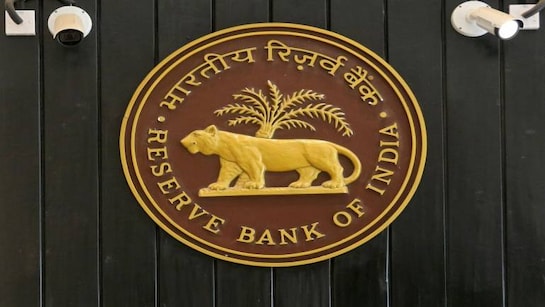The government has carried out a series of reforms to increase the participation of mid-sized EPC players in the tendering process of construction contracts, Ind-Ra said.
Prime Minister Narendra Modi-led government's reform push in the infrastructure sector may lead to higher bidding and more competition for road projects, an India Ratings and Research (Ind-Ra) report has said.
"The central government has carried out a series of reforms to increase the participation of mid-sized engineering, procurement, and construction (EPC) players in the tendering process of construction contracts. These measures are likely to intensify competition in roads, bridges and highways and tunnelling projects by way of higher participation from a wider set of bidders," the report said.
These relaxations, however, would also provide the much-needed relief to those construction contractors whose eligibility to bid for new projects has been hampered on account of COVID-19 led business disruptions, the report said.
These changes relate, among others, to relaxations in the eligibility criteria and norms for construction projects in the segment, which are bid both on the EPC and hybrid annuity model (HAM) / build-operate transfer (BOT) modes, it added.
Maintenance of highways: Will foreign companies do a better job?
Earlier in November, the Department of Expenditure reduced the amount of performance guarantee for all construction contracts to 3 percent of the value of the respective contracts from the existing levels of 5-10 percent. This impacted the overall systemic as well as entity-specific liquidity.
The rating agency said the reforms may aid timely project execution and alleviate liquidity concerns, provided firms are likely to have enhanced headroom for order tendering which might help them maintain their revenue visibility. The recent reduction in performance guarantee is valid for all existing contracts and would remain so for all contracts awarded until end-2021.
However, Ind-Ra raised some concerns too.
"These benefits would not accrue to contracts where arbitration or court proceedings have already been initiated or are being contemplated. An approval from a higher authority of the concessionaire would be required for cases where higher performance security (above 3 percent of contract value) is envisaged by the latter," it added.
Apart from this, the Ministry of Roads Transport and Highways (MoRTH) has reduced the minimum net worth criteria limit to 15 percent of the projected EPC project value in the preceding financial year for bidders of national highway projects from earlier 25 percent. Following this, each member of the consortium is required to have a minimum net worth of 7.5 percent of the estimated project cost in the preceding financial year in comparison to earlier 12.5 percent.
"The definition of core sector has been expanded to include construction of stadiums, hospitals, hotels, smart cities, warehouses /silos, oil & gas and commercial set-up (e.g. special economic zones) works. As such, experienced construction companies in terms of the new definition would now be eligible for participating in bids for HAM projects. These changes are also likely to benefit construction companies which are likely to be financially stressed on account of COVID-19, hampering their eligibility to bid," the report added.
"Despite the benefits that are likely to accrue to construction companies as a result of these changes, bank credit has not been easy to obtain for companies having a stretched balance sheet and tight liquidity profiles," the report said.












_2020091018165303jzv.jpg)



























